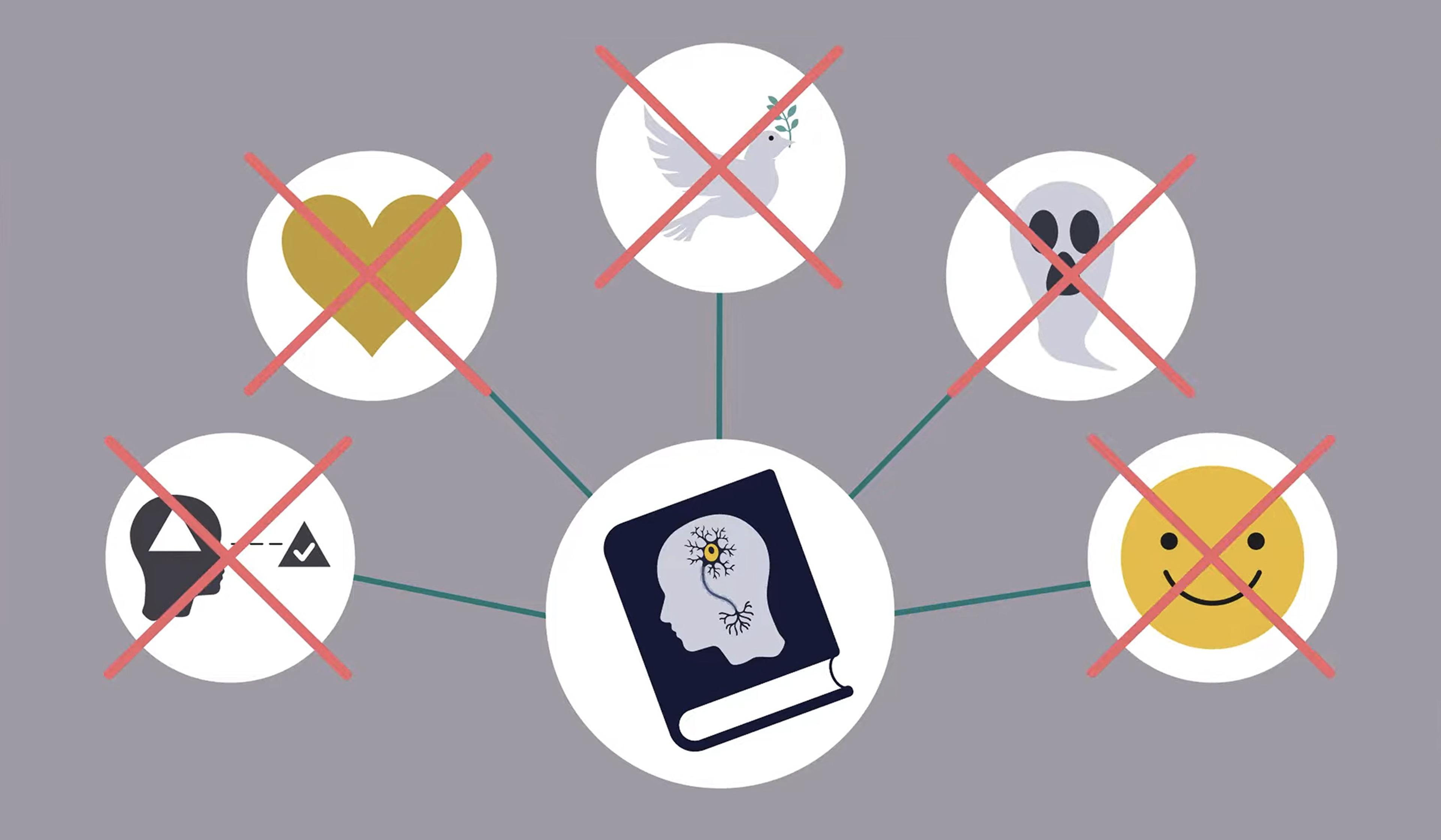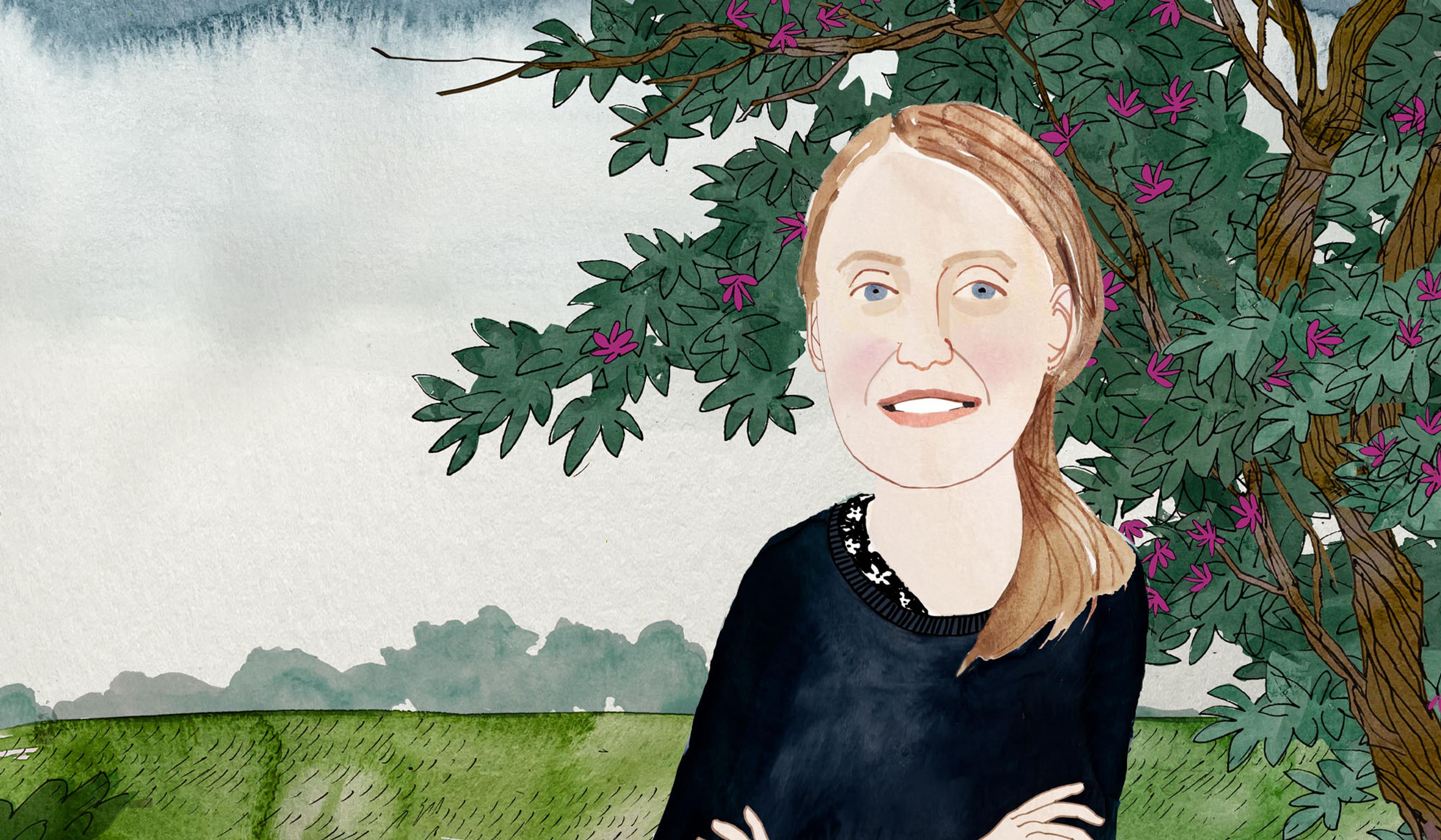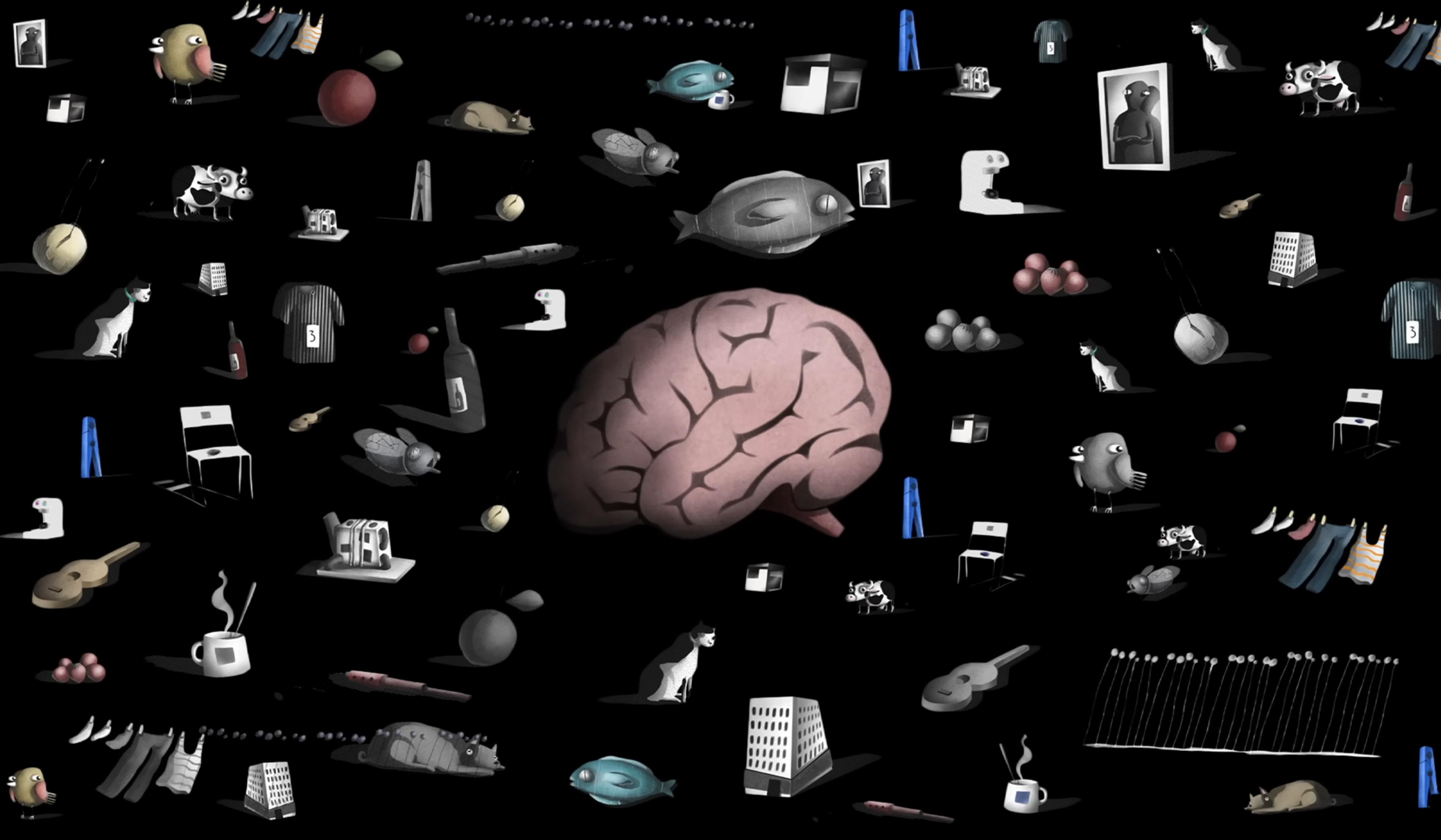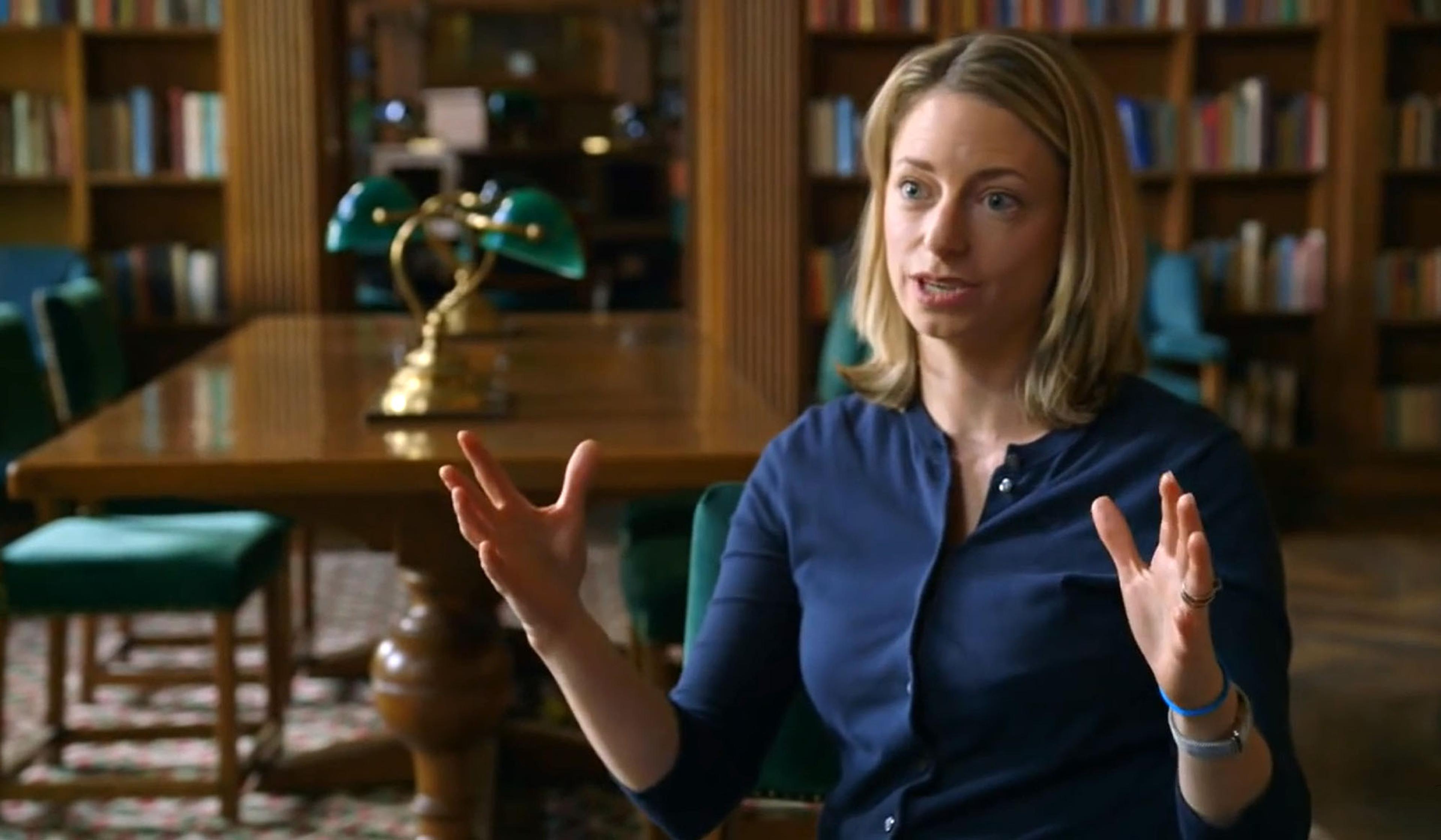That our brains exist in the context of a body might seem obvious, but for many thinkers and researchers working at the intersection of neuroscience and philosophy, this notion has become increasingly vital to understanding the human mind. The body and, crucially, movement give the brain access to our physical environments so that we can navigate the outside world. In this way, the brain and the body are partnered – one is essential to the other, and each informs the other. This framing is central to what’s known as ‘embodied cognition’, a concept with intellectual roots dating back to the early 20th century. This radical and relatively recent approach to cognition emphasises the importance of the body and rejects the once-common view of the brain as the body’s sole director. In this interview with Serious Science, Karl Friston, a neuroscientist at University College London, explores the ‘different flavours’ – some common sense, others controversial – tethered together by the idea of embodied cognition, as well as their implications for the field of neurophilosophy, and beyond.
Embodied cognition seems intuitive, but philosophy can push it to some strange places
Video by Serious Science

videoCognition and intelligence
Leaping from firing neurons to human behaviour is tempting, but it’s a perilous gap
3 minutes

videoPhilosophy of mind
‘Minds have always been outside themselves’: Raymond Tallis on extended cognition
9 minutes

videoNeuroscience
Aristotle was wrong and so are we: there are far more than five senses
6 minutes

videoPhilosophy of mind
Do we have good reasons to believe in beliefs? A radical philosophy of mind says no
5 minutes

videoNeuroscience
What will we do when neuroimaging allows us to reconstruct dreams and memories?
4 minutes

videoCognition and intelligence
How a ‘periodic table’ of animal intelligence could help to root out human bias
5 minutes

videoPhilosophy of mind
‘Am I not at least something?’ A surreal dive into Descartes’s Meditations
3 minutes

videoLogic and probability
Is it more likely you’re a person with a past, or an ephemeral brain in a void?
6 minutes

videoNeuroscience
The brain repurposed our sense of physical distance to understand social closeness
5 minutes